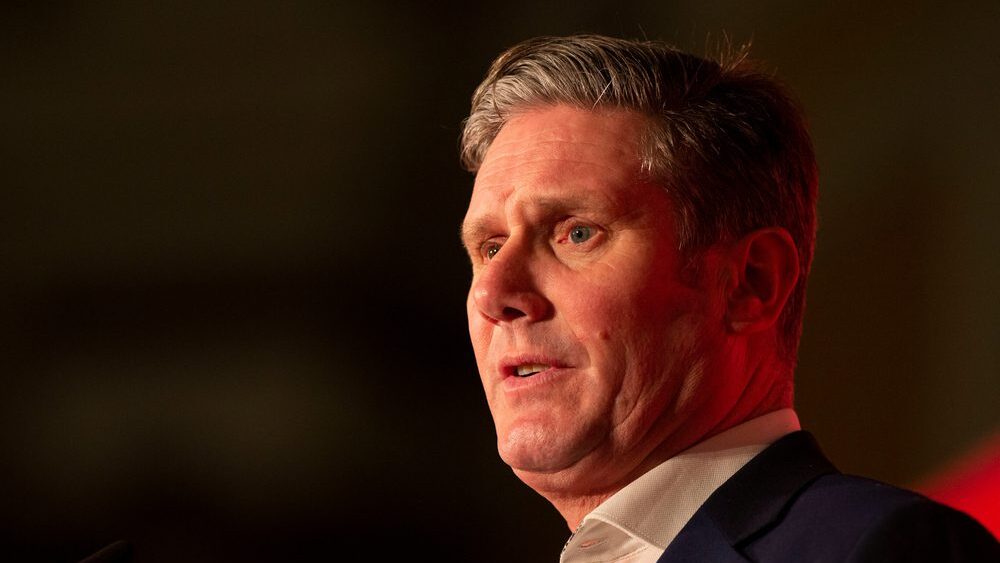
Britain’s Labour Party has said the Tory-negotiated Brexit deal is “too thin” and that it will work towards greater UK-EU bonds if it wins the next general election.
Party leader Sir Keir Starmer seems to be working on the assumption that Britons are less wary of Brussels now than when they voted seven years ago to split from the bloc. After last week dipping its toes into the idea of cooperating more with the EU after the 2024 election, on stopping illegal Channel migration, Labour HQ has now publicly submerged itself in the drive to building closer ties.
Not that much—if any—of Sir Keir’s latest positioning comes as a surprise, though it does show a willingness to put Brexit at the centre of next year’s election campaign.
As prime minister, he said he would seek a “much better” Brexit deal with the EU. We know much more at this stage about what this would not include than what it would; Britain would not rejoin the customs union, the single market or, more importantly, the EU.
However, critics, particularly in the Conservative Party, are adamant about making out this is Labour’s latest attempt to hand back significant powers to Brussels. A Tory spokesman asked: “What price would Keir Starmer be prepared to pay to the EU for renegotiating our relationship?”
As usual, much of the Tory-Labour talk on Brexit is empty. It is, for example, rich ofRishi Sunak’s administration to criticise Sir Keir’s party for seeking closer UK-EU ties given that Tory-run Number 10 has just agreed to hand Brussels £2 billion a year to be part of an initiative geared towards “[boosting] the EU’s competitiveness and growth.”
UK Scores ‘Own Goal’ and Press Cheers
— Michael Curzon (@MichaelWCurzon) September 7, 2023
Even Euroskeptic papers have blindly called Britain rejoining an initiative to strengthen EU a “victory.”@EuroConOfficial, with @benhabib6.https://t.co/NJCRuPf6IQ
Though a review of the Trade and Co-Operation Agreement signed by Boris Johnson is already on the books, it remains unclear how drastically Brussels is willing to veer from the current course. One EU diplomat responded to the idea with a ‘face-in-hand’ emoji, suggesting Brussels is as unkeen to go over the old Brexit debates as much of the British electorate. But there is certainly some scope for change.
Any proposed shifts, when Labour offers more details about their plans, are unlikely to sway voters from their current stances; the response so far having received praise and criticism from the expected corners. This is perhaps best expressed through comments, such as those of Mujtaba Rahman, managing director of the Eurasia Group’s Europe wing, who said Labour will “of course” have to “fix” the current deal, which has “shafted large parts of the UK economy.” Meanwhile, The Bruges Group insisted the settlement is “deliberately thin” because “it permits divergence and the pursuit of trade deals globally.”
Through all this, the longstanding Brexit battlegrounds are not so much being redrawn as mobilised.
